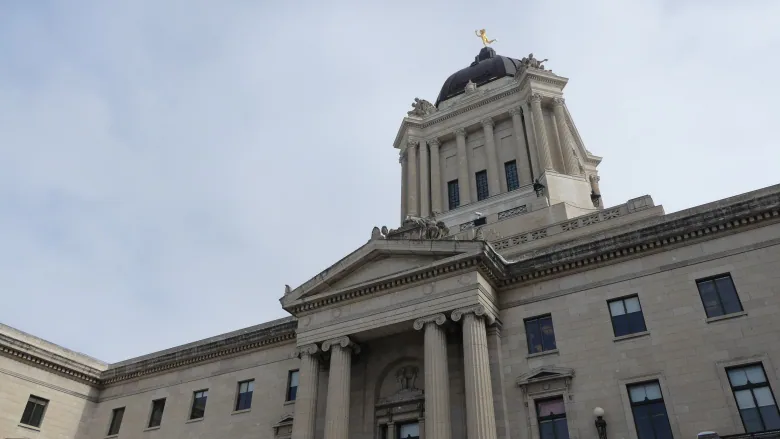Manitoba Hydro’s President and CEO Jay Grewal spoke on January 30 to members of the Manitoba Chambers of Commerce, and shared the utility’s plans to meet Manitoba’s future energy needs. They include a search for more purchased power from private entities (which would bear the risks and borrowing costs for new capacity). Grewal noted that Manitoba Hydro was not interested in building any more major power generation projects, given Hydro’s massive $24 billion debt. (About 33 cents of every dollar paid by Hydro customers goes toward paying interest on that debt.)
Grewal’s vision of other parties funding new energy projects is now industry practice. But it was quickly rejected by Finance Minister Adrian Sala, who is also the minister responsible for Hydro. Sala said his new NDP government would not support Grewal’s Hydro plan to contract with private partners. He insisted that new generating assets should/would be built, owned, and operated by the Crown utility. Sala added “we do have energy needs … and new generation should be publicly owned”.
Grid requirements are changing very rapidly. Electric power generation and transmission are very complex, evolving continuously. There is ‘no way’ that a ‘just new’ government could have a full grasp of what is happening in the changing world of electric power generation and transmission.
Manitobans have a stark difference of opinions, one, Sala’s, a politician with little experience in the electricity field, and Grewal, Manitoba Hydro’s President with decades of working in the fast-changing utility field. If politics rules, the NDP could simply increase an already scary level of debt at Manitoba’s largest crown corporation.
On the other hand, Grewal and her engineering staff are capable of moving Manitoba’s largest and critically important corporation forward in an optimum and efficient way, especially in what is becoming an ever more complex future. Manitobans’ past experiences of ‘leaving it to the government’ has taken it down a ‘very bumpy and expensive road’. So, before either going Sala’s or Grewal’s way, the new government should bring in a re-empowered Public Utility Board (PUB) – which had been shunted to the side by the previous PC government.
For decades PUB, an independent body, has held hearings and received presentations by impacted persons and experts. PUB can bring in people who understand real situations and difficult choices. When PUB has thoroughly reviewed the facts and options, and when its board of three or four have come to a conclusion, it would then advise the sitting government in an open public report.
Sometimes we demand too much of our politicians. They are too often prone to capture by the loudest interest groups, particularly when we are talking energy policy. So, re-empower the PUB, and rely on its ‘arm’s length’ wisdom – to protect both the government and Manitoba citizens in an important and tricky environment. This route would be much wiser than relying on a substantially uninformed minister and, face it, his cabinet.
Here is the harsh reality. Going with a new government that lacks a full understanding of evolving challenges of electric power transmission, putting outdated policy ahead of modern reality, could be a sure path to a long-term economic disaster.
Manitoba Hydro is a heavily-indebted crown corporation. A re-empowered PUB should be a precursor to bringing in a modernized Manitoba Hydro Act. Both reforms can be designed in ways that allow the Crown enterprise to repair its current perilous financial position, and move into a safer and efficient future.
Graham Lane is a retired CPA who worked in the private and public sector (including as Chair of the Manitoba Public Utility Board). Dennis Woodford, P.Eng., is a Director of Electranix Corporation and Chair of the Manitoba Energy Council.



